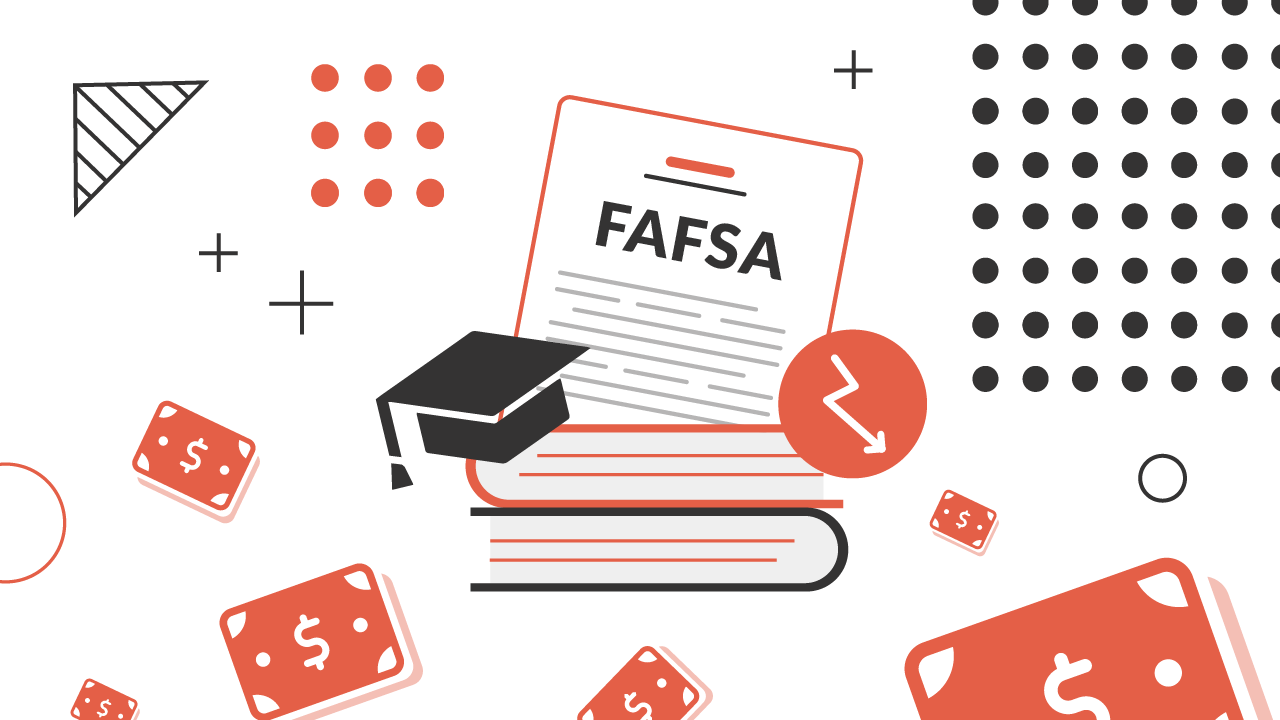
- Filing FAFSA Is Possible but May Affect Aid Eligibility: Students can submit the FAFSA even if their parents didn’t file taxes, but it may impact their eligibility for federal aid.
- Unauthorized Failure to File Taxes Can Lead to Ineligibility: If parents were required to file taxes and didn’t, students might be disqualified from receiving federal financial aid.
- Alternative Documentation and Assistance Are Available: In certain cases, students can provide alternative income documentation or seek help from financial aid administrators.
The Free Application for Federal Student Aid (FAFSA) is an essential tool to qualify for financial aid (including student loans) to pay for college. In order to file the FAFSA, a student needs their parent’s tax return information.
But what happens if a student’s parents didn’t file a tax return? Can the student still apply for aid, and will they be eligible to receive it?
While it is possible to fill out the FAFSA without parental tax returns, the eligibility for federal aid hinges on whether the parents were required to file taxes. If parents did not file a tax return but were not required to, students can still receive aid by providing alternative documentation.
However, if parents were required to file a tax return and failed to do so, their children may be ineligible for federal financial aid.
The Need For A Tax Return
The FAFSA requires that parents (or students) report their tax returns using the IRS Data Retrieval tool to collect their tax information.
This is essential to provide proof of income for the FAFSA – which is a core component of how financial aid eligibility is determined.
If parents were required to file taxes and did not, and have no authorized extension, this unauthorized failure can disqualify the student from receiving federal aid. The U.S. Department of Education considers the lack of required tax information as “conflicting information,” prohibiting financial aid administrators from disbursing aid until the issue is resolved.
However, if parents have an authorized extension or are not required to file, students can still complete the FAFSA and remain eligible for aid. Also, independent students who no longer are required to use their parents information can also file the FAFSA and receive aid.
Authorized Reasons Not To File A Tax Return For FAFSA
There are a few reasons that parents may not need to file a tax return. They include:
- Tax Return Extension: Parents may have filed for a standard six-month extension with the IRS, granting them more time to complete their tax returns.
- Living Abroad: Taxpayers residing outside the United States automatically receive a two-month extension without filing for one.
- Military Deployment: Active-duty military personnel in combat zones may have authorized suspensions of their tax filing deadlines.
If you also didn’t make enough income to require filing a tax return, you can use alternative documentation as well.
For students whose parents are authorized not to file a tax return, they can submit alternative documentation:
- Alternative Income Documentation: W-2 forms, 1099 statements, or other proof of income from the previous year.
- Signed Statements: For self-employed parents, a signed statement estimating adjusted gross income may suffice.
Note, you will have to file the FAFSA by paper/hand if you plan on using alternative documentation.
Options For Students
If your parents were required to file a tax return, and didn’t, there are some options.
First, you need to simply encourage your parents to file their taxes. Maybe help them! Many people get worried about missing past tax returns, that they become fearful to correct it. Remind your parents that, if you’re due a tax refund, there’s no penalty! They can claim their refund. The only issue becomes if they owe taxes.
Second, if you still cannot get your parents to file, see if you qualify for a dependency override to qualify for some aid as an independent student. When you talk to the financial aid office, if you abuse, abandonment, or a hostile home environment, the college’s financial aid office can implement a dependency override, allowing you to file as an independent student without parental information.
Finally, in rare cases where parents refuse to provide information but the student doesn’t qualify as independent, financial aid administrators may allow the student to receive unsubsidized Stafford loans.


